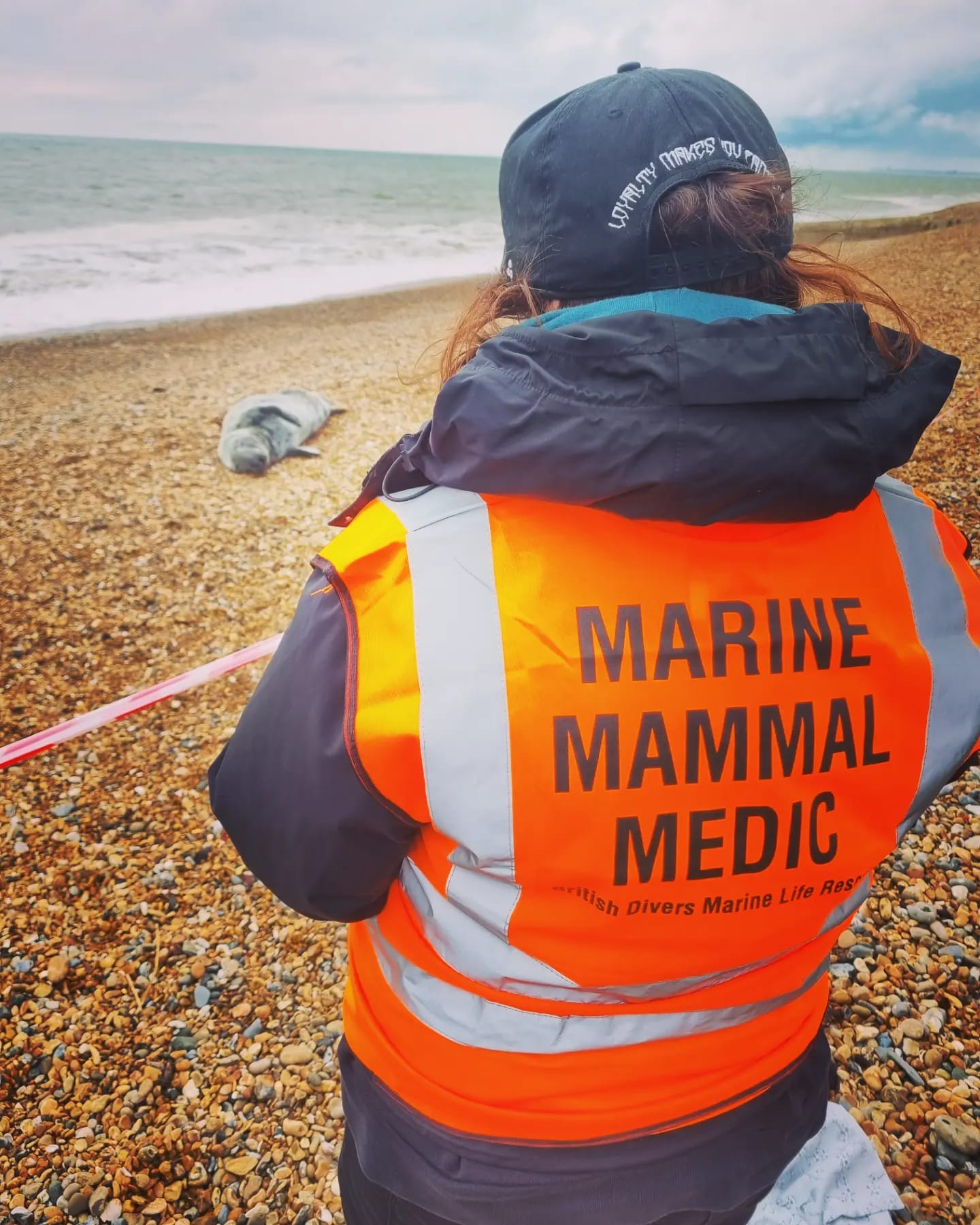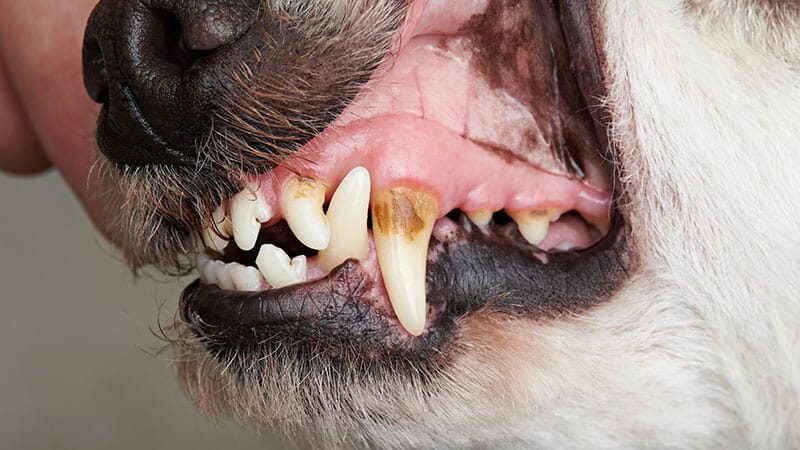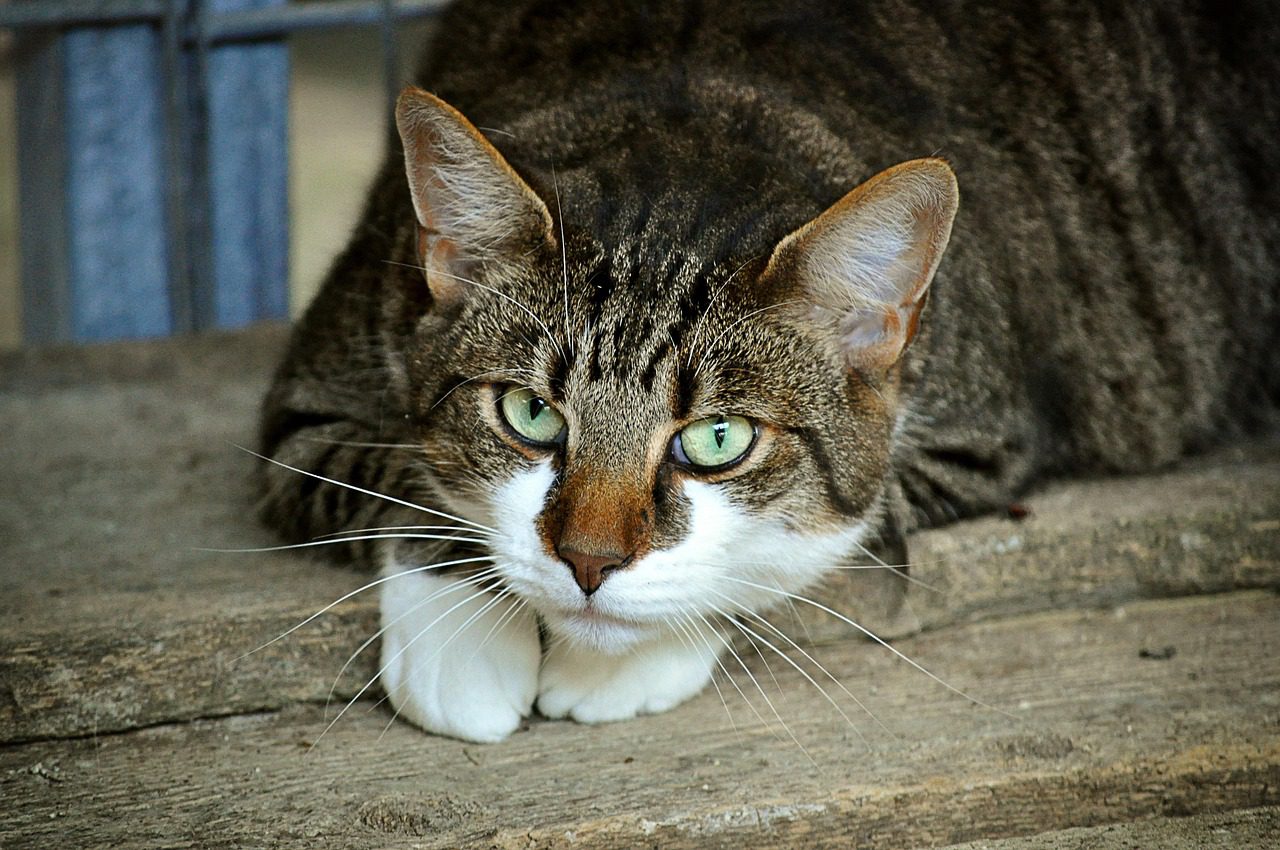One of my team, Justine, has taken that affinity further. She volunteers with British Divers Marine Life Rescue (BDMLR), helping animals that live in the sea off our coast.
She got involved when visiting a friend, who was already a volunteer. They were together one day when a call came through, so she tagged along.
She immediately recognised the importance of the work that the volunteers do, and that she had valuable skills that would be of use.
Her first step was some training on marine mammal biology, behaviour, first aid and how to diagnose which creatures are in distress to become a marine mammal medic.
She learnt how to body condition score seals, whales and dolphins, just like we do every day for cats and dogs. Except with our wildlife this is done from a distance.
Body condition scoring allows her to assess whether the creature has been unwell for long enough to lose weight, or is looking fit and just sunbathing. She learnt that seals need to pull up onto a beach to rest after every meal, meaning that not every seal on the beach is in need of assistance or unwell.
She also learnt about crowd control, and how to explain to the public that trying to stroke or feed a marine mammal on the land is dangerous and potentially very harmful. And she has stood guard over many such creatures to try to avoid disturbance from well meaning but less informed passers-by and their canine companions.
The work that the volunteers do is vital and admirable. It can also be time consuming, and very rewarding too.
If you would like to know more about volunteering, go to bdmlr.org.uk .
If you find a marine mammal that you think might be in distress, please do not touch it. They can give serious bites. Instead call the rescue hotline on 01825 765546 24/7 for advice, and then, if you can, stay nearby and ask other people to stay at a distance until the volunteers arrive.
These beautiful and intelligent marine mammals deserve all the help that we can give.




